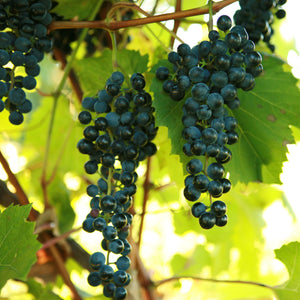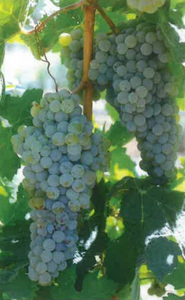At Double A Vineyards, when it comes to grapevines for sale, we've developed a reputation for industry leading innovation over the past 25 years. What makes us different? In part, our unique grapevine production system. It's what allows us to consistently produce the highest quality grapevines.
All of our one-year vines are grown on raised beds covered with black biodegradable plastic. Each row is supplied with water and nutrients by trickle irrigation. Soil moisture is monitored with the use of tensiometers to ensure that the vines are never stressed. The conditions created by the plastic warming the soil in the bed and abundant supply of water and nutrients are ideal for plant growth and root development. These vines are well prepared for planting and vigorous growth in the spring.
At Double A Vineyards, all of our grapevines have been one-year field grown.
We will also gladly contract grow any grapevine variety provided we can obtain propagation material. Arrangements must be made 12 to 18 months in advance with a deposit at the time of order. Please call for arrangements for contract growing.
While we have taken great care to provide detailed information about our grapevines for sale in this section, if you have any questions, please don't hesitate to contact us. Our friendly, knowledgeable staff is ready to assist you. Also, if growing grapes is new to you, or if you simply want more information, we suggest you browse our Book & Gifts section.
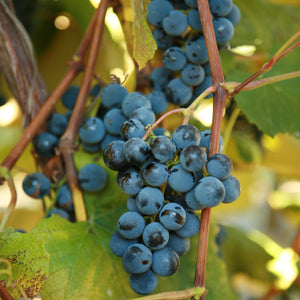



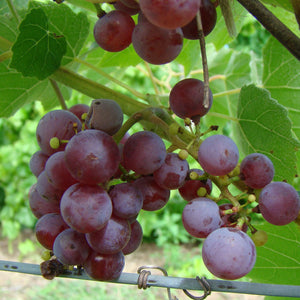
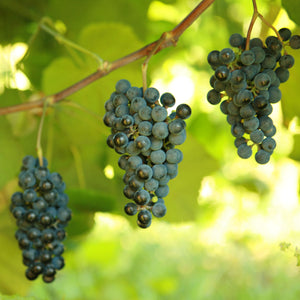
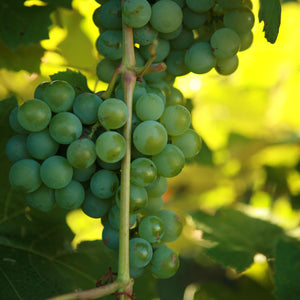
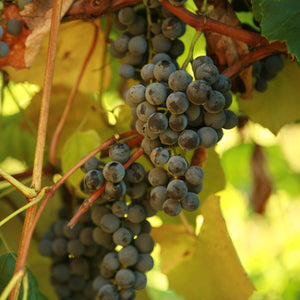
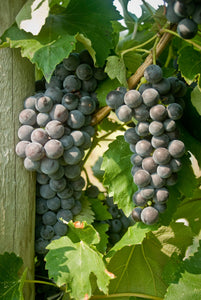
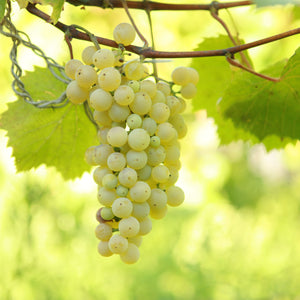
![Traminette Grapevine [FPS] 01.1(10-CNY)](http://doubleavineyards.com/cdn/shop/files/double-a-vineyards-traminette2-grapevines_3274e103-d3b1-4a9f-887e-623873aaf9f1_300x300.jpg?v=1759065758)
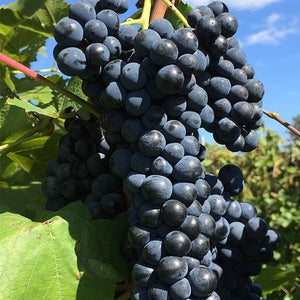
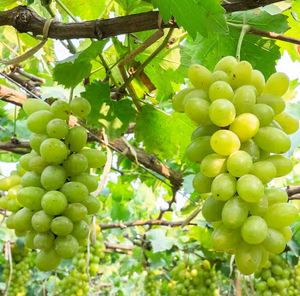
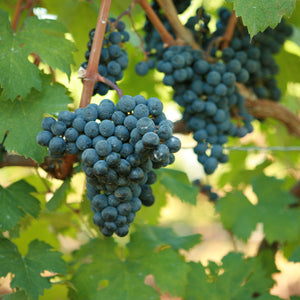
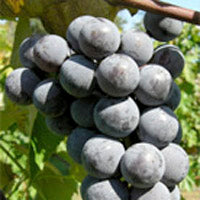
![SOUTHERN SENSATION Grapevine - 01.1 (A1400) (10CNY) [PP35,378]](http://doubleavineyards.com/cdn/shop/files/southern_sensation_2b467827-0b81-4fe0-b23f-258c564ae987_300x300.png?v=1759065708)
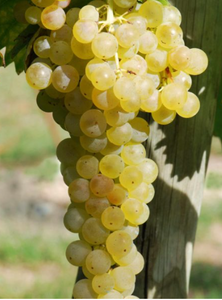
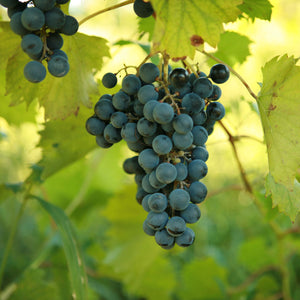
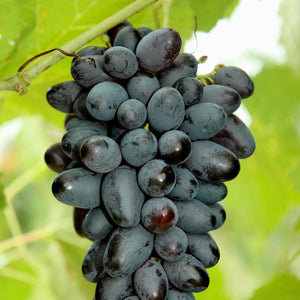
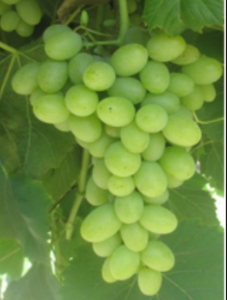
![Lomanto Grapevine [FPS] 01.1 (10-CNY)](http://doubleavineyards.com/cdn/shop/files/lomanto_7a6023bc-d534-4b0e-bb35-ff3ff91e0256_300x300.png?v=1759065487)
